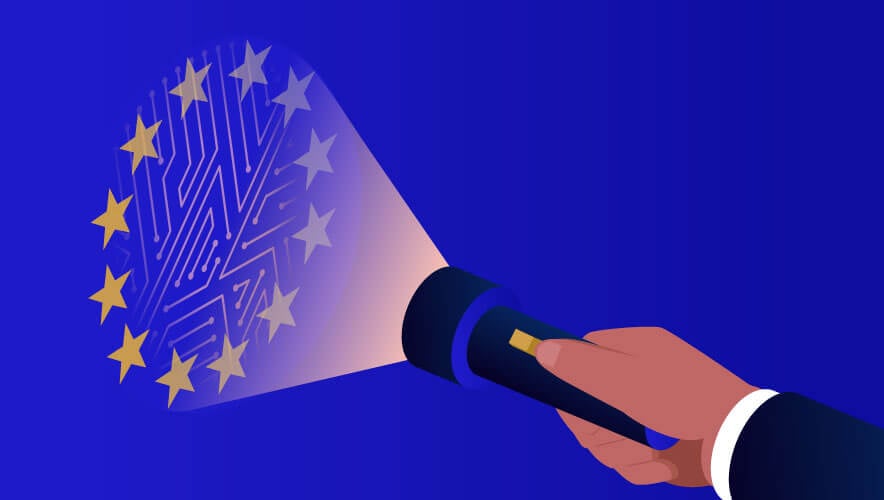

April 2024
Understanding the EU AI Act: A Security Perspective
The European Union is poised to enact the world’s first, comprehensive regulation of artificial intelligence. These rules will create a new business and operational landscape for security practitioners in member states.
“The aim of the new rules is to foster trustworthy AI in Europe and beyond, by ensuring that AI systems respect fundamental rights, safety, and ethical principles, and by addressing risks of very powerful and impactful AI models,” according to the EU Commission.

A Climate Conversation with GPT-4 and Gemini
The smarter artificial intelligence (AI) becomes, the closer it gets to the next level of intelligence: general intelligence. Then, AI will be able to accomplish any intellectual task that a smart human can. What does this mean for addressing security risks related to climate change?
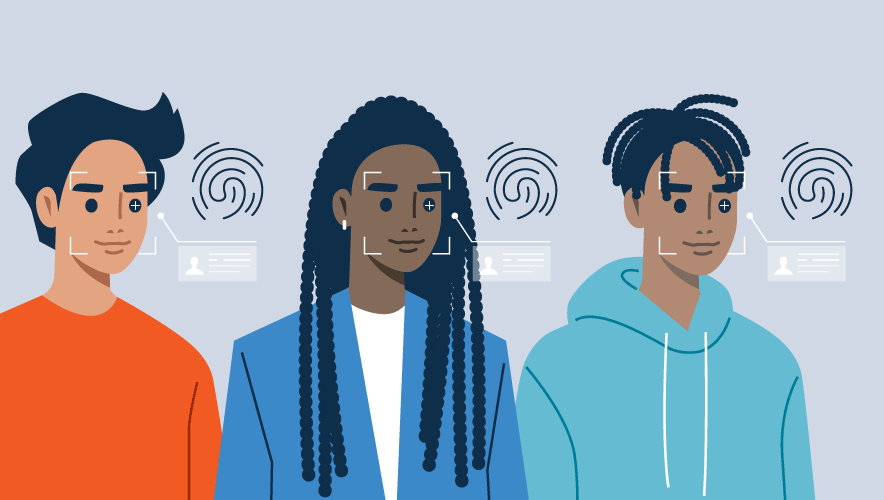
How Automated Identity Verification is Reshaping Security
This dual-layer strategy enhances the accuracy and efficiency of determining access rights, significantly bolstering your overall security framework.
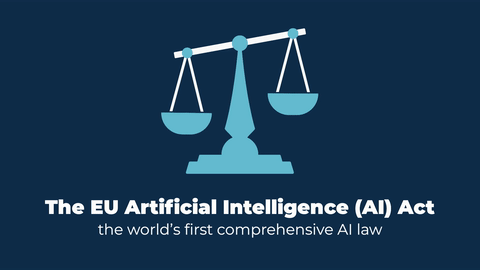
Fast Facts: How the EU AI Act will Impact Security Technology
The EU Artificial Intelligence Act will regulate AI systems, including banning some technologies being developed by the security industry.

Pixel Litigation: How Security Professionals Can Assist with Risk Mitigation
A rapidly evolving risk and compliance issue—pixel litigation—is bringing security practitioners into remediation efforts that are a surprise to them.
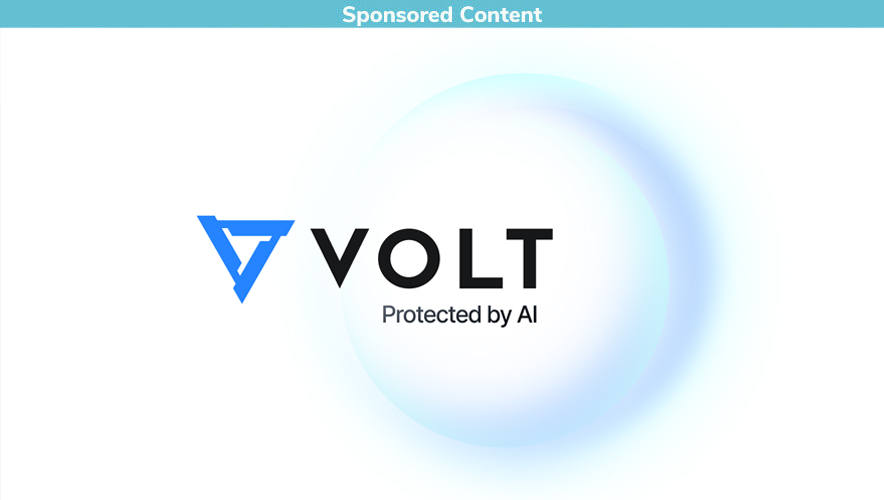
Sponsored: Seven AI Applications That Are Transforming Security Operations
Traditionally, security measures have relied upon conventional methods such as locks, guards, and surveillance cameras. Recently, AI has emerged as a new must-have tool in security operations, reshaping the role of security cameras and transforming them into a new breed of defense systems through vision AI models.

The Role AI Plays in Workplace Safety and Compliance
To meet safety and compliance expectations, organizations are looking to technology investments as a force multiplier.
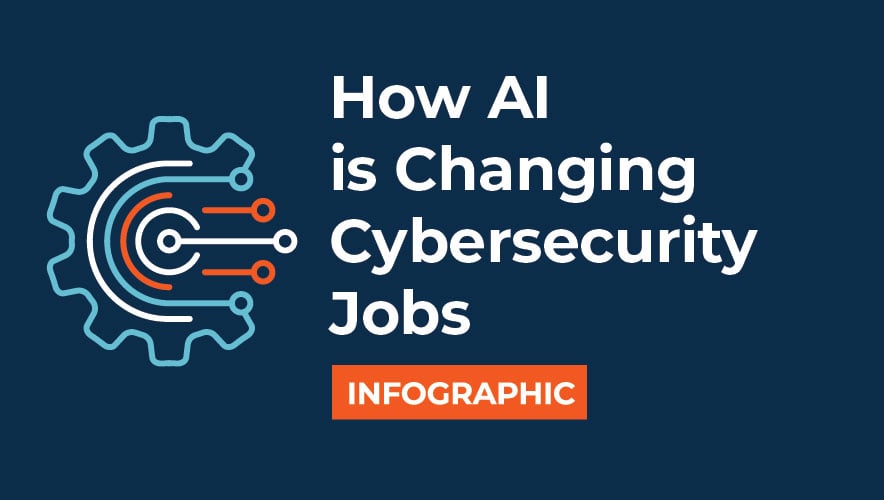
How AI is Changing Cybersecurity Jobs
A recent survey of cybersecurity practitioners shines a light on how artificial intelligence is affecting their careers and their concerns for the future.

Unlocking the Power of AI: A Wake-Up Call for Physical Security Operations
The adoption of data science and artificial intelligence (AI) has emerged as a transformative force, offering new opportunities to address these challenges and unlock hidden value within organizations.

AI and Elections: Addressing New Tools to Spread Inaccurate Information
This year is an unprecedented year for elections, with voters heading to the polls in more than 50 countries and major developments in the ability of artificial intelligence tools to create and spread inaccurate election information.

Mitigating the Rise in Cyberattacks on Critical Infrastructure
Security experts are reporting an alarming rise in cyberattacks on U.S. critical infrastructure. Converged efforts by OT and IT teams might make operators more resilient to these assaults.

Podcast: Meeting the Moment with AI
With brand new legislation out of the European Union shaking up artificial intelligence applications, what does this mean for security practitioners and companies? Mark Mullison, chief technology officer at Allied Universal, helps podcast host Brendan Howard wade through the new territory.

A Force Multiplier: Why Physical Security Teams Should Leverage AI
While AI adoption has surged in various sectors, the physical security realm remains restrained in its incorporation of this technology. Here’s why that should change.
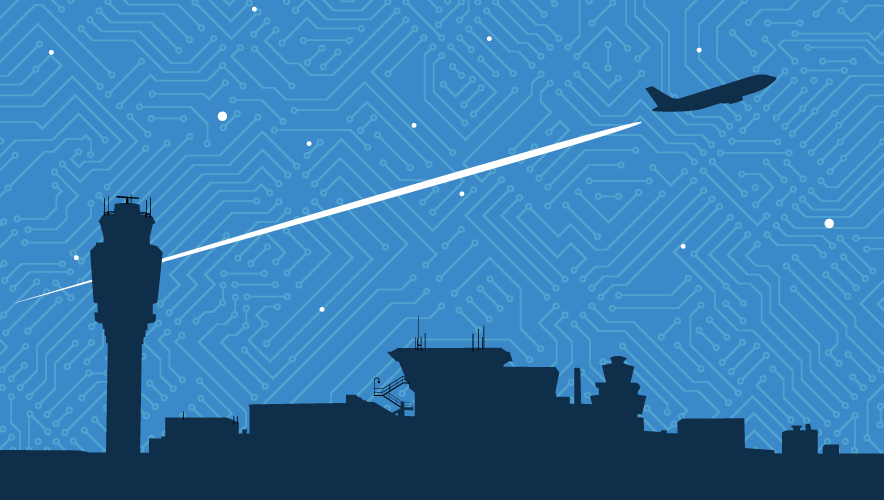
How SOC Teams Can Best Implement AI as a Security Co-Pilot
We should position AI as a helpful office assistant—or a reliable co-pilot—which enables SOC staffers to streamline activities related to incident detection, alert analysis, data-set enrichment, and more.
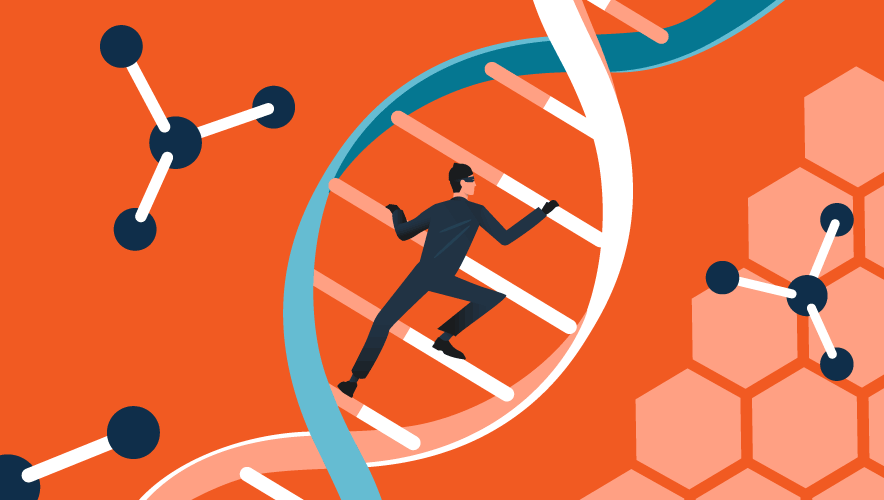
Why DNA Data is the Next Target for Identity Theft Fraudsters
Adding DNA data to AI-generated identities could create unprecedented challenges for security technology teams.

AI-Powered SaaS: How to Get the Most Out of It, Safely
As workforces continue to adopt AI and integrate it into their organizational workflows, safeguarding sensitive data and intellectual property becomes even more critical.

Addressing Ethical and Privacy Issues with Physical Security and AI
AI video automates tracking and monitoring for anything it’s been programmed to do—and that can be a problem without strong privacy and ethics policies in place.
